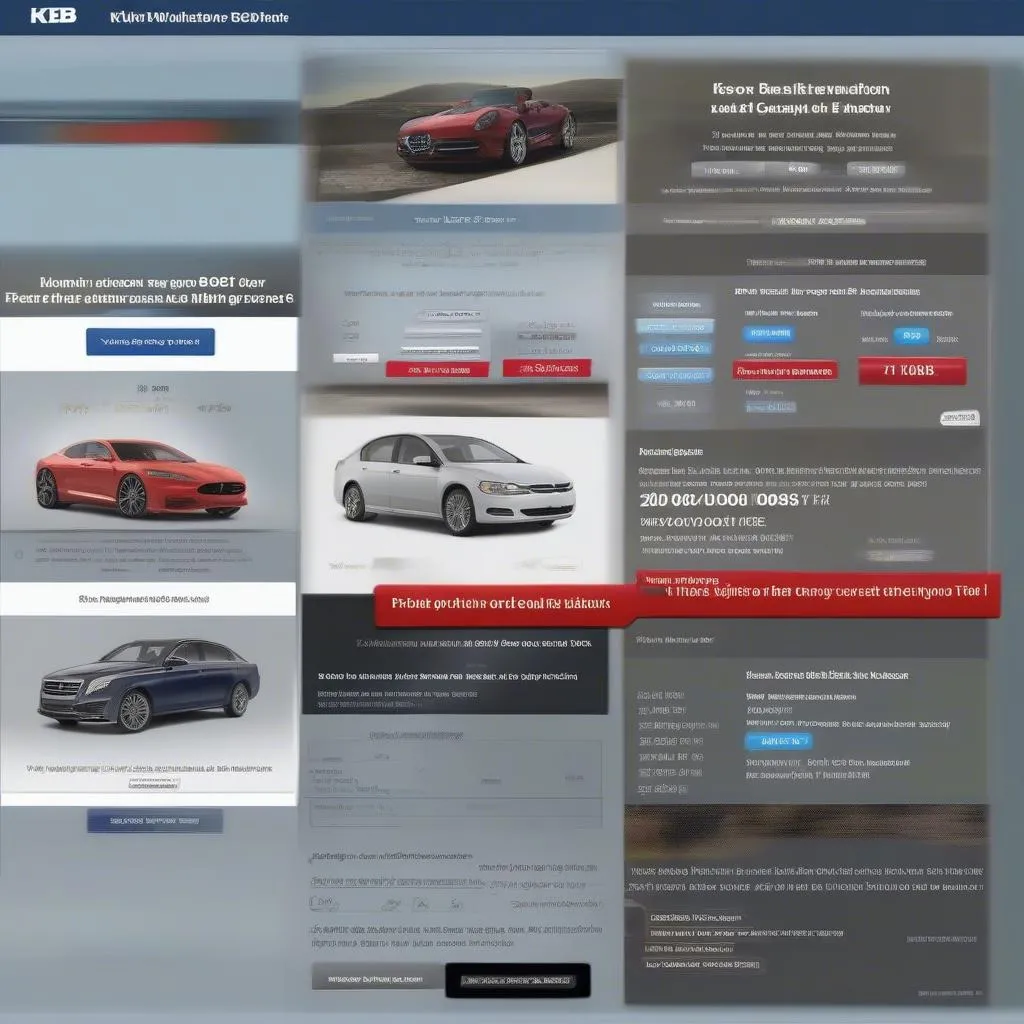Have you ever wondered if you can trade in a car that you’re still paying off? It’s a common question, especially when you’re looking for an upgrade or a change of pace. Many people aren’t sure about the process of trading in a car when they’re still paying off a loan. Let’s delve deeper into the specifics of trading in a financed car and explore some key considerations.
Understanding the Process
The Relationship Between Loans and Trade-Ins
Trading in a car you’re still financing isn’t as complicated as it might seem. Your existing car loan doesn’t dictate whether you can trade in. The real question is whether the trade-in value covers the remaining loan balance. If the trade-in value is higher than the remaining balance, you’ll have some equity to put towards your new car. If the trade-in value is lower, you’ll likely need to cover the difference out of pocket.
The Mechanics of Trading in a Financed Car
Here’s a breakdown of the process:
- Valuation: The dealership will assess the value of your current car based on factors like make, model, year, mileage, and condition.
- Loan Balance: You’ll need to provide the dealership with your loan information, including the current balance, the interest rate, and the loan term.
- Trade-in Value vs. Loan Balance: The dealership will compare the trade-in value against your loan balance.
- Equity or Debt:
- If the trade-in value exceeds your loan balance, you’ll have equity that can be applied towards your new car.
- If the trade-in value is less than your loan balance, you’ll have to cover the difference. This is called “negative equity” or “being upside down on your loan.”
Key Considerations
Negative Equity
Negative equity can make trading in more complicated. A dealership may be less willing to take a vehicle with negative equity. You might need to make a significant down payment on the new car to cover the difference.
Early Loan Termination Penalties
Check the terms of your current loan for early termination penalties. If you pay off your loan early, you might have to pay a fee to the lender.
Credit Score Impact
Trading in a financed car can impact your credit score. When you take out a new loan, the lender will pull your credit report, which may affect your score temporarily.
Scenarios and Common Questions
Let’s explore some scenarios and answer common questions.
Scenario 1: You’ve been driving your 2019 Ford Explorer for three years and you’re ready for an upgrade. You still owe $12,000 on the loan, and the dealership estimates the trade-in value to be $15,000.
In this case, you have $3,000 in equity ($15,000 trade-in value – $12,000 loan balance). This equity can be applied towards the purchase of your new car.
Scenario 2: You’ve had your 2018 Honda Civic for five years and it’s time for a change. Your loan balance is $10,000, but the dealership estimates your trade-in value to be $8,000.
This is a negative equity situation. You’ll have to come up with an additional $2,000 to cover the difference. You could consider exploring options like refinancing your current loan or waiting until the trade-in value is closer to your loan balance.
Frequently Asked Questions
- Can I trade in a financed car with a negative equity? Yes, but it can be more difficult. You’ll need to make up the difference in the trade-in value.
- How does the trade-in process affect my credit score? Trading in a financed car can temporarily affect your credit score, as it involves a new credit inquiry.
- Is it better to pay off my car loan before trading in? It’s not always necessary to pay off your loan before trading in, but you might benefit from having more equity.
- Does the dealership have to take my financed car? Dealership don’t have to accept a trade-in, especially if there is significant negative equity.
Tips for a Smooth Trade-in
- Research the market: Determine your car’s value and compare it to what dealerships are offering.
- Shop around: Get quotes from multiple dealerships before making a decision.
- Negotiate: Don’t be afraid to negotiate the trade-in value and the price of the new car.
- Understand the terms: Review the loan terms carefully before signing any documents.
- Be prepared: Know your loan balance and your car’s market value.
Additional Resources
- KBB.com: Provides free car valuation tools.
 KBB Car Valuation
KBB Car Valuation - Edmunds.com: Offers car valuation and buying guides.
 Edmunds Car Buying Guide
Edmunds Car Buying Guide - Consumer Reports: Provides unbiased car reviews and consumer advice.
Still have questions? Don’t hesitate to reach out to our team of automotive experts. We’re happy to assist you with any questions you have about trading in a financed car.
Contact us via WhatsApp at +84767531508 for any assistance regarding your vehicle’s electrical system, especially when using Dealer Scanner for European cars.